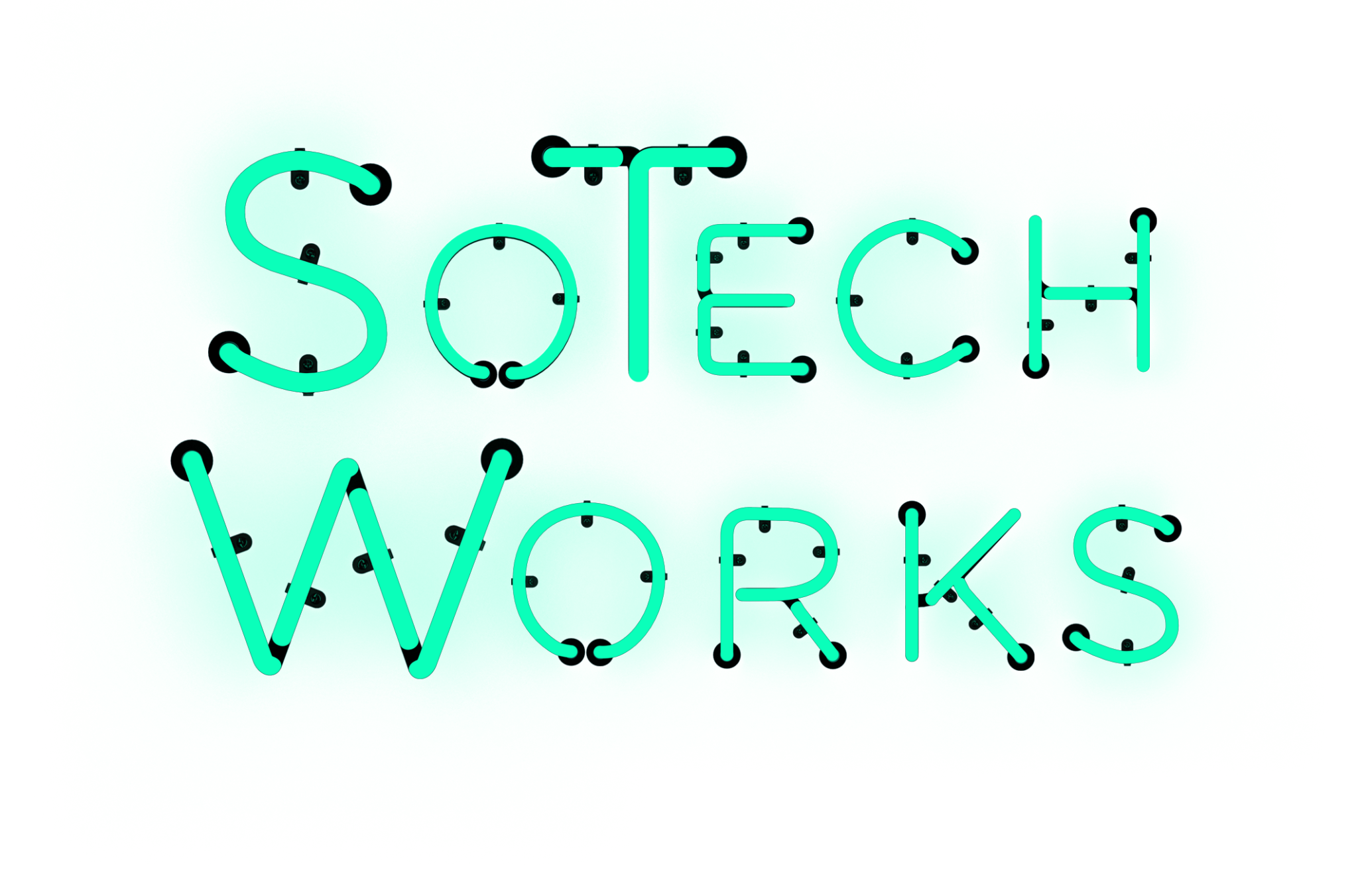Scientists win Nobel for explaining our body's internal clock – CNET
Scientists win Nobel for explaining our body’s internal clock
Daily circadian rhythms tell plants, animals and people when to perk up and when to doze. Three researchers figured out how genes make it work.

From left to right, Jeffrey Hall, Michael Rosbash and Michael Young
Nobel Media/N. ElmehedThree US researchers won the Nobel Prize in medicine on Monday for figuring out what make us tick — specifically, by explaining the workings of our internal daily clock called the circadian rhythm.
Circadian rhythms tie biological ups and downs in plants and animals to the daily rotation of the Earth. For humans, they make us perk up when the sun rises, reach peak physical coordination in the afternoon and get the deepest sleep after midnight. When they go wrong, or when we try to override them, there can be health consequences like sleep deprivation, depression and perhaps even cancer.
Jeffrey Hall of the University of Maine in Orono, Maine, Michael Rosbash of Brandeis University in Waltham, Massachusetts, and Michael Young of Rockefeller University in New York City worked in the 1980s and 1990s to discover how genes and cells operate to regulate this circadian rhythm.
“Since the seminal discoveries by the three laureates, circadian biology has developed into a vast and highly dynamic research field, with implications for our health and wellbeing,” the Nobel Assembly at Karolinska Institutet in Sweden said in its announcement of the award.
Genes in each of our cells form a clock that controls the daily ups and downs in alertness, metabolism and other factors.
Nobel MediaThe mechanism itself is complicated and took years to work out. It involves three genes, called period, timeless and doubletime, that generate proteins called PER, TIM and DBT. The interaction of these proteins with each other and the genes lead to a regular cycle to which other biological processes synchronize.
For further details, check the Nobel Prize explanation of circadian rhythm research (PDF).
The Smartest Stuff: Innovators are thinking up new ways to make you, and the things around you, smarter.
iHate: CNET looks at how intolerance is taking over the internet.



Discuss: Scientists win Nobel for explaining our body’s…